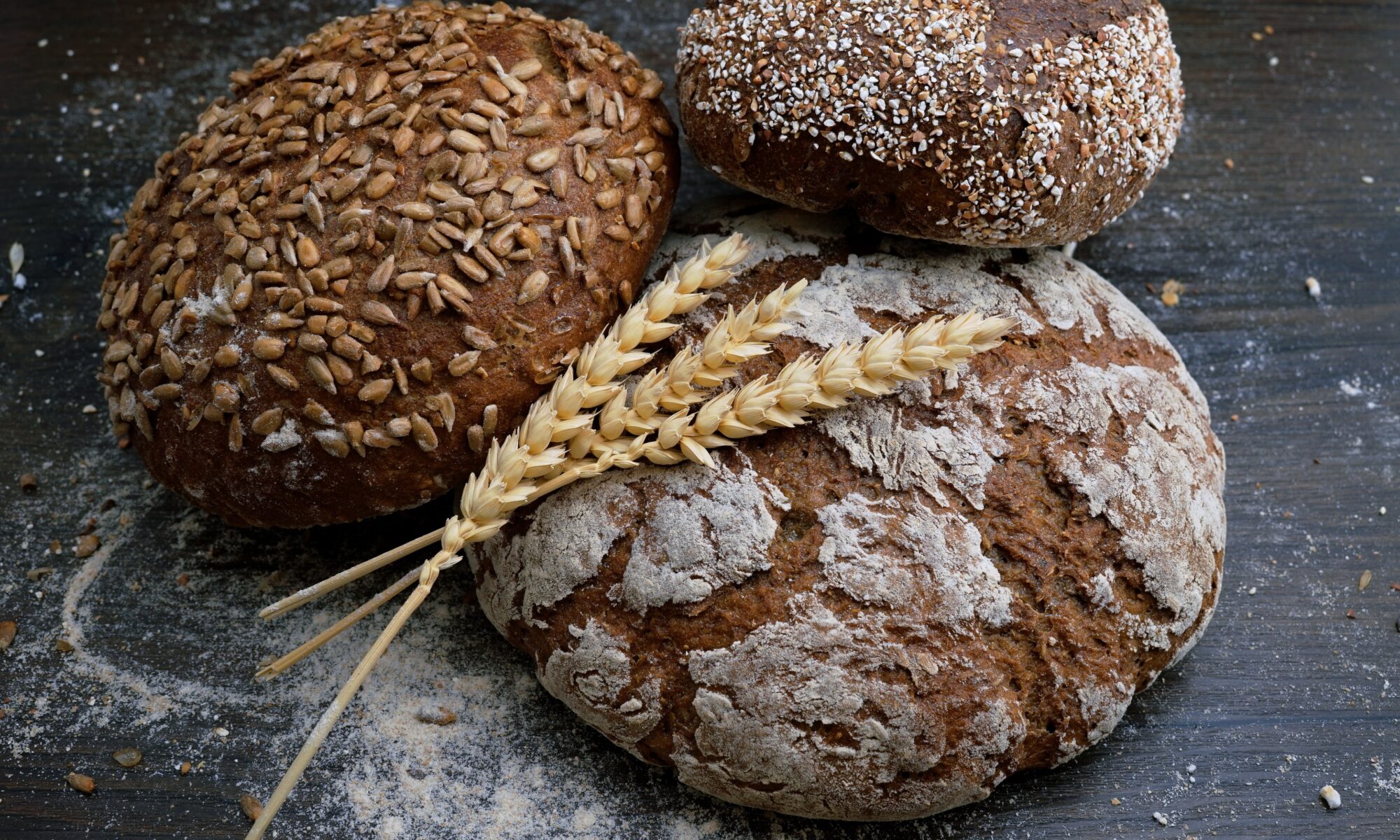Once referred to as “the staff of life,” wheat has become a controversial food. Although people have been consuming wheat in various forms for thousands of years, increasing numbers of health conscious individuals are turning their backs on what was once regarded as a satisfying, nourishing staple.
In some cases, avoiding wheat is essential for health. Those with celiac disease—a serious inflammatory condition caused by an abnormal immune response to gluten—should never eat wheat or any other gluten containing grains. But while only 1% of people have celiac disease, millions more have adopted a gluten free diet—in particular, shunning wheat.
Continue reading “Kamut: An Ancient Grain With Many Health Benefits”






